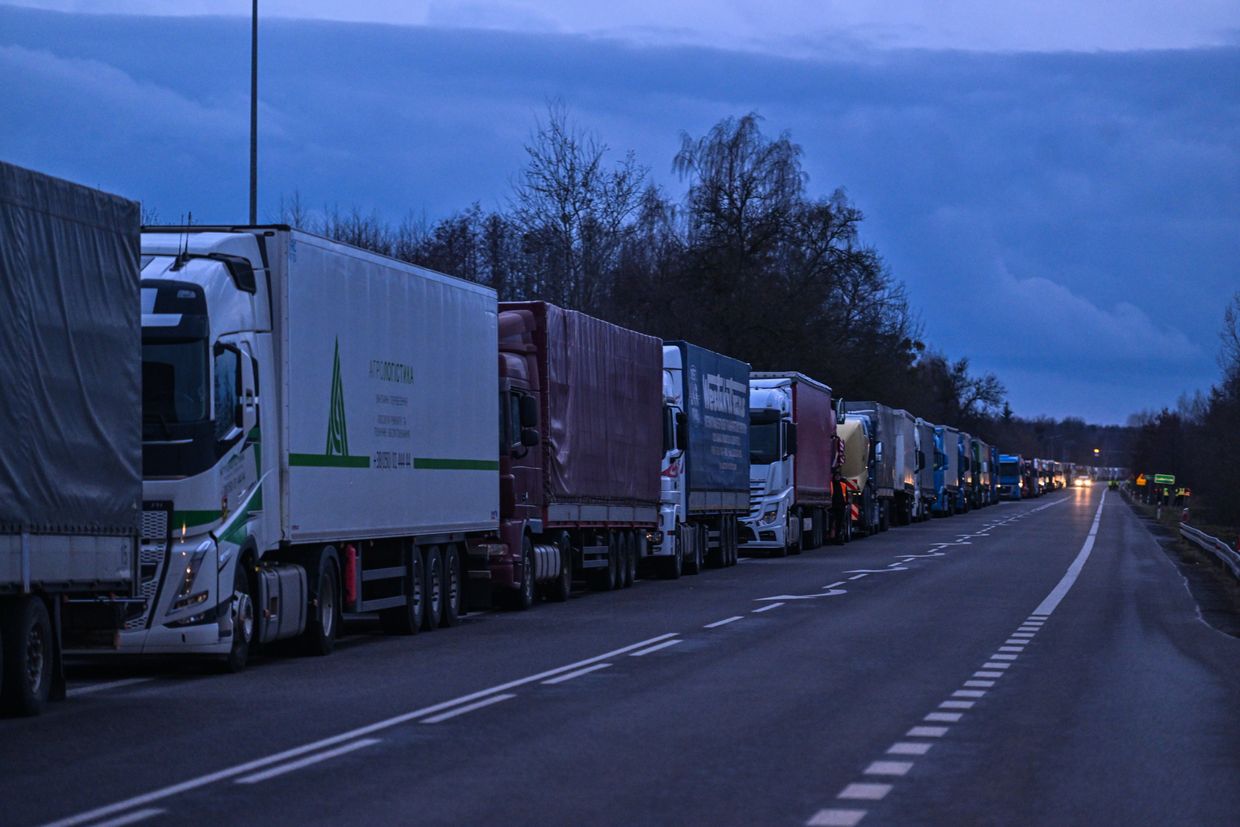Latvian agriculture minister calls on EU to ban Russian agricultural imports

Latvia's Agriculture Minister Armands Krauze called on the European Union to add Russian foodstuffs to sanctions lists on Feb. 26, ahead of an EU Agriculture Ministers meeting in Brussels.
Latvia is the first EU country to decide to ban imports of grain and other foodstuffs from Russia and Belarus. The ban will come into force in March.
Latvian President Edgars Rinkevics said in January that he supported the ban, as agricultural exports support the Russian economy, and what is labeled as Russian grain may in fact be Ukrainian grain stolen from Russian-occupied territories.
Krauze said the law is "not effective" without an EU-wide ban, as it does not apply to goods transiting to other EU member states or third countries.
Krauze also appeared to imply that the ban would not necessarily mean that overall supply would be impacted, as "everything that is imported from Russia can be imported from Ukraine."
"This way we are helping Ukraine and not helping Russia to support its war machine."
A Latvian official said in December 2023 that over 380,000 metric tons of Russian grain had been imported into the EU through Latvia in 2023, an increase of about 80,000 tons of grain compared to 2022.
This figure did not include the grain transported from Russia to non-EU countries via Latvia.














